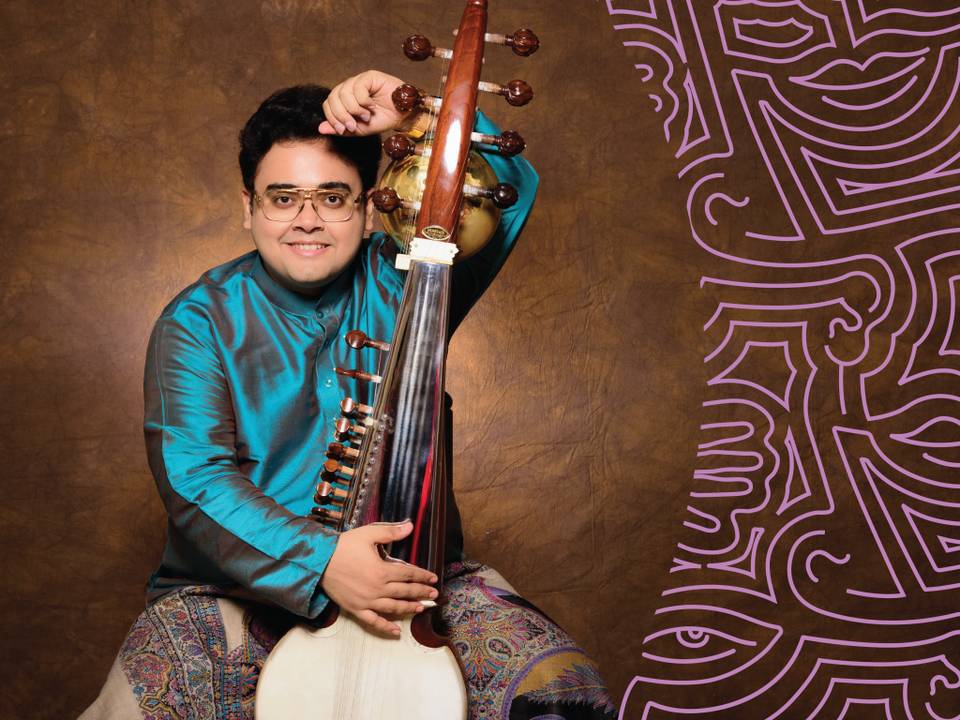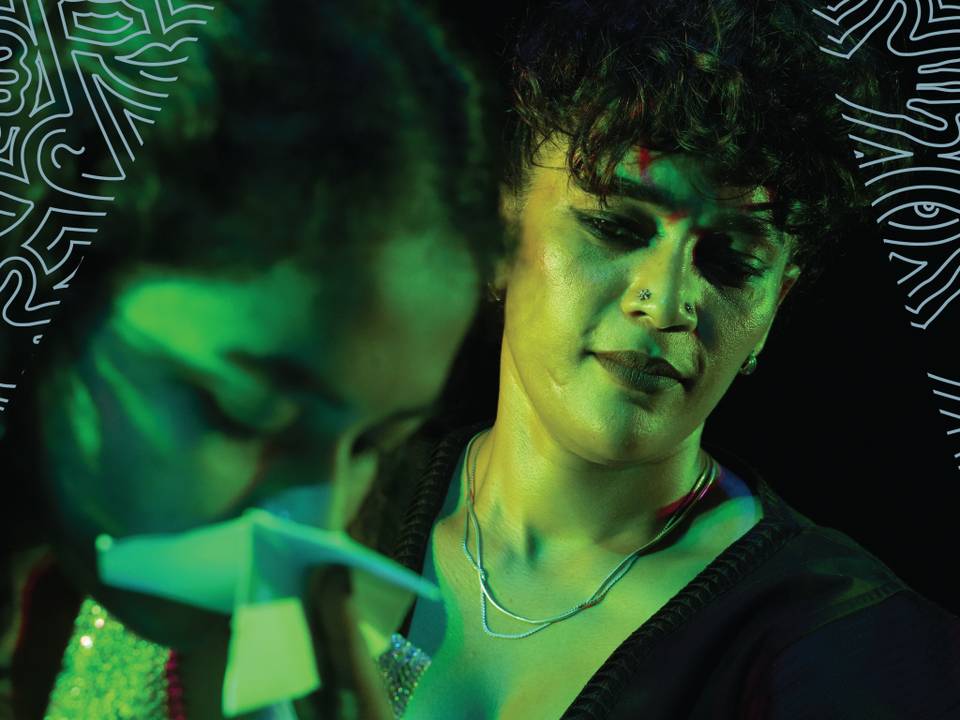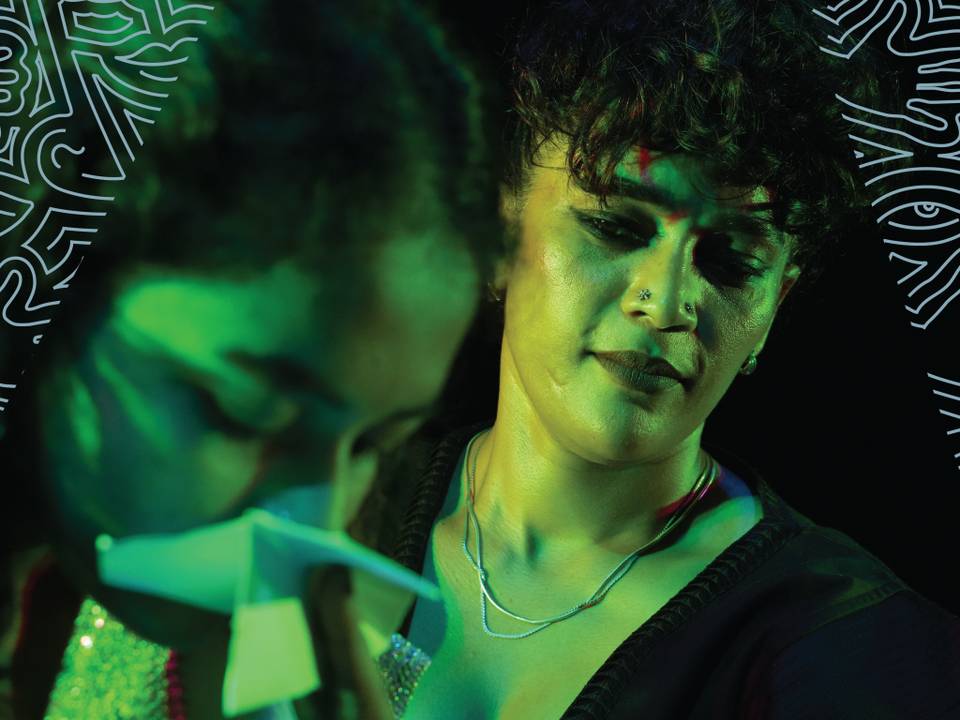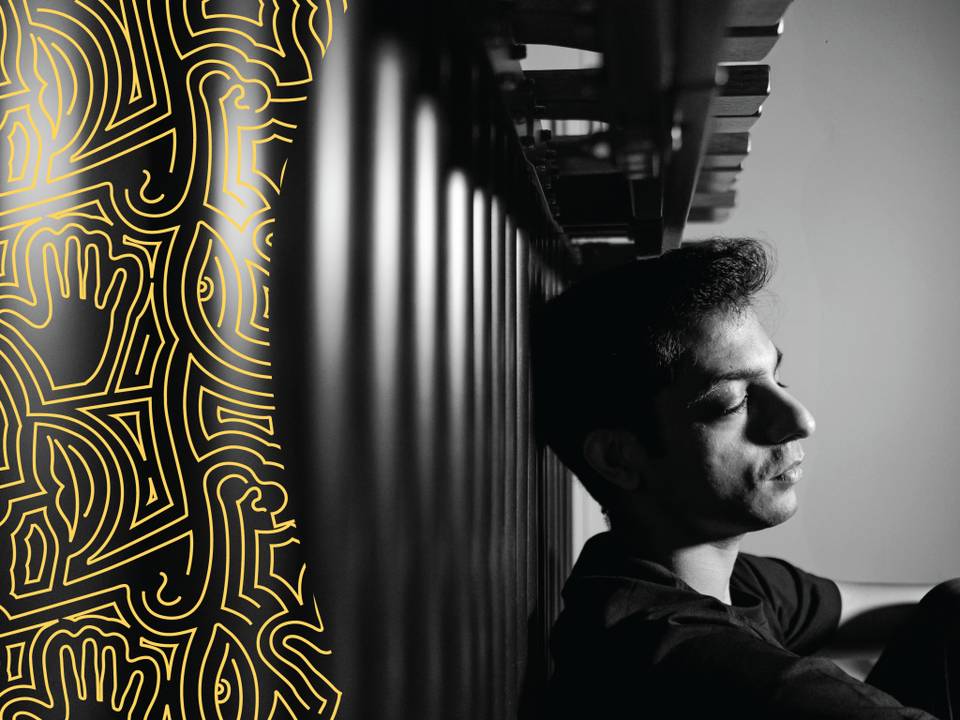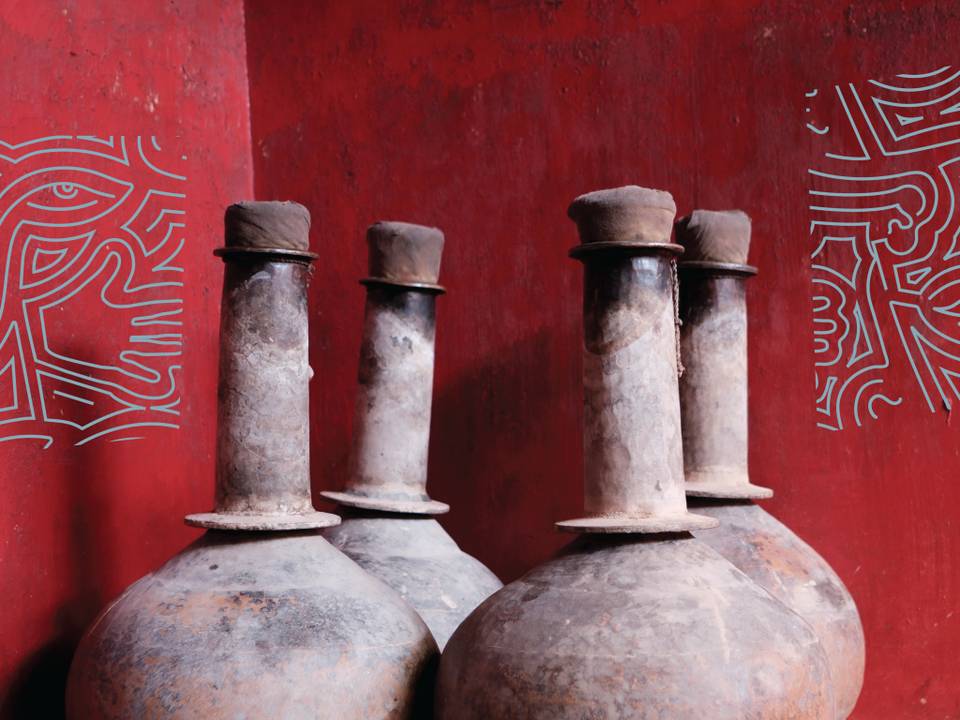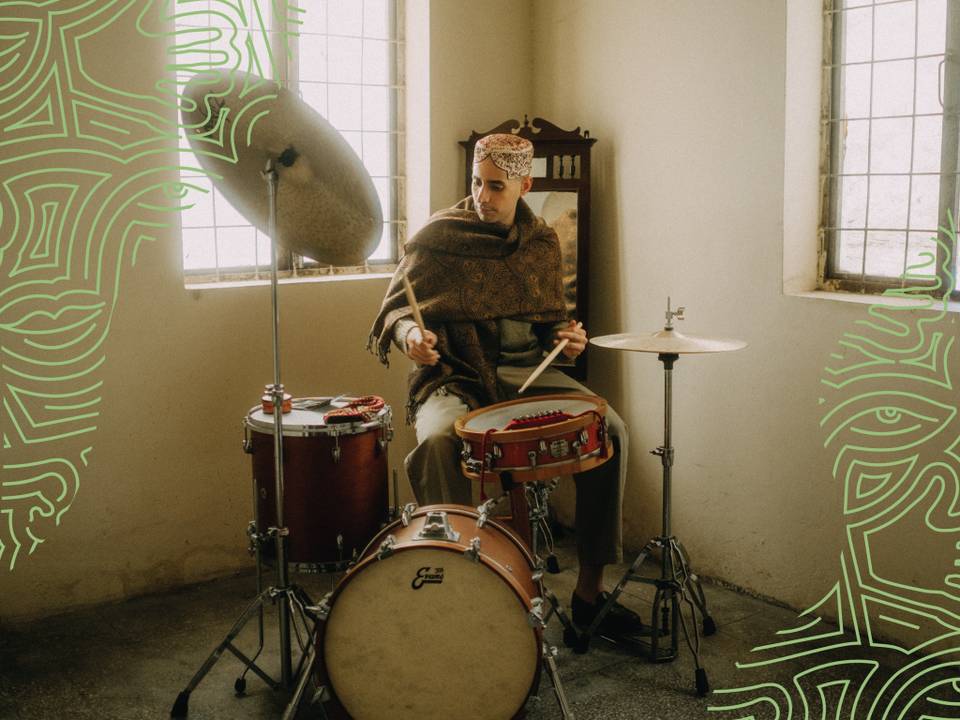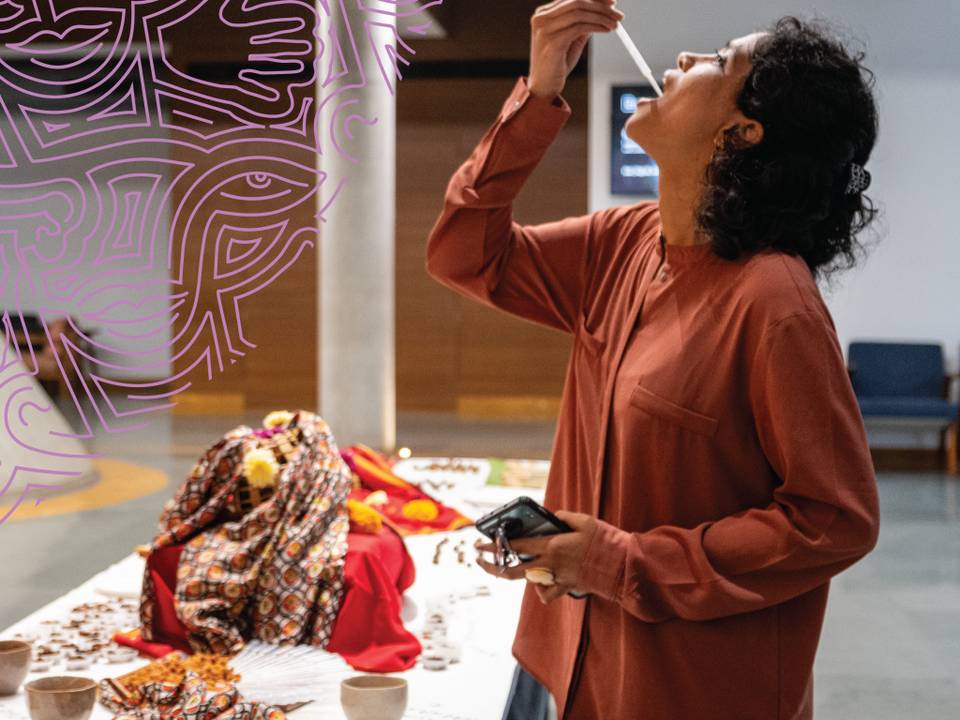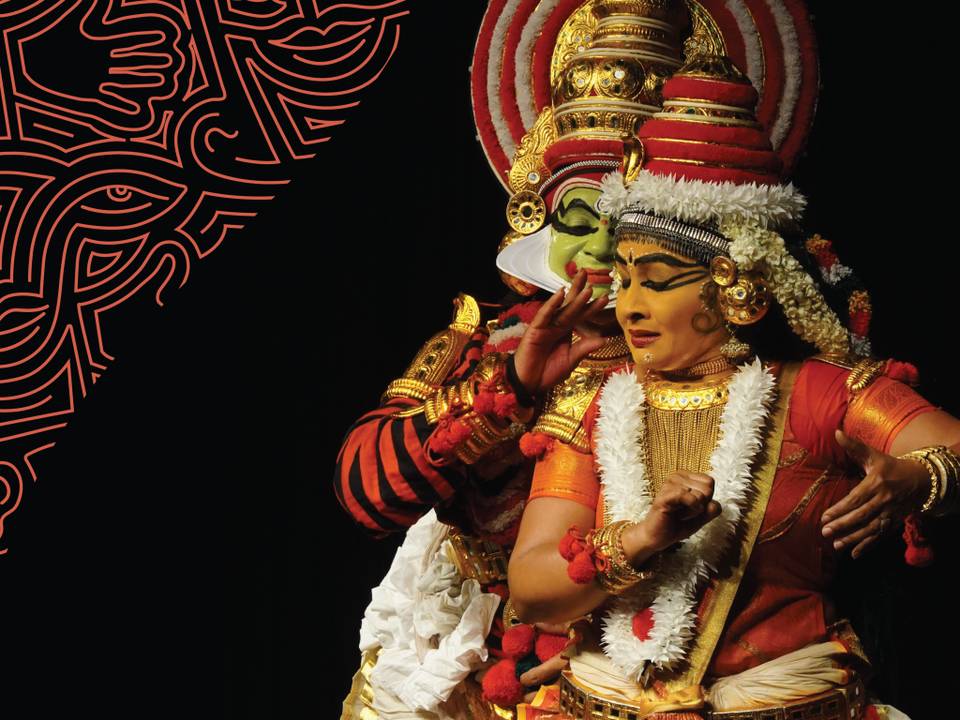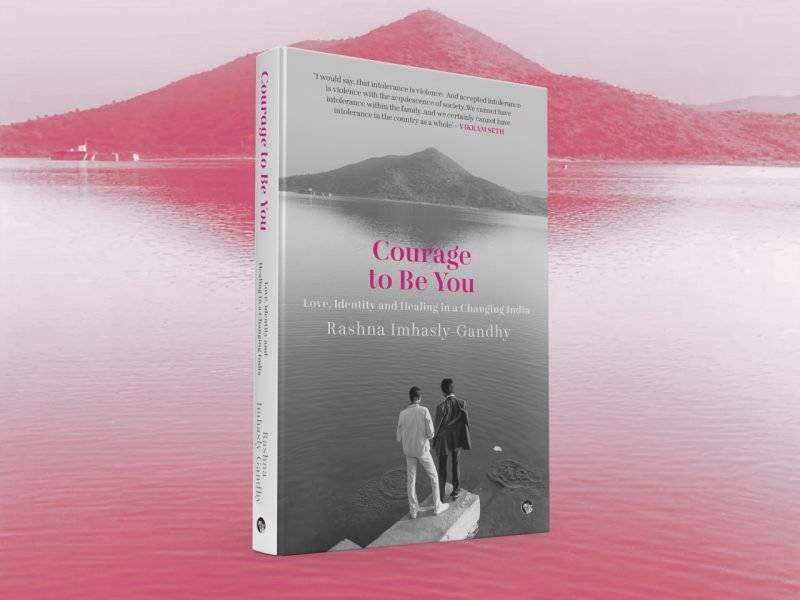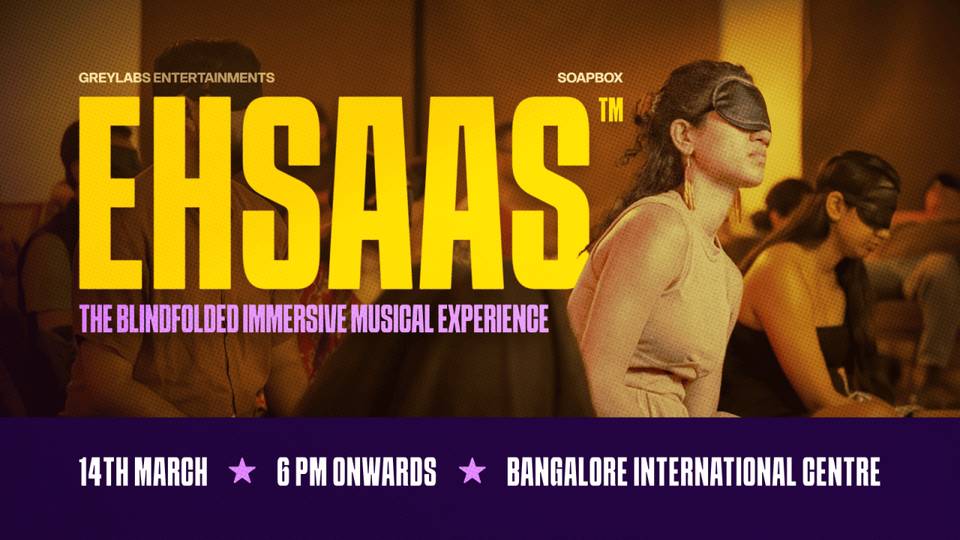We the People Constitutional Ponderings
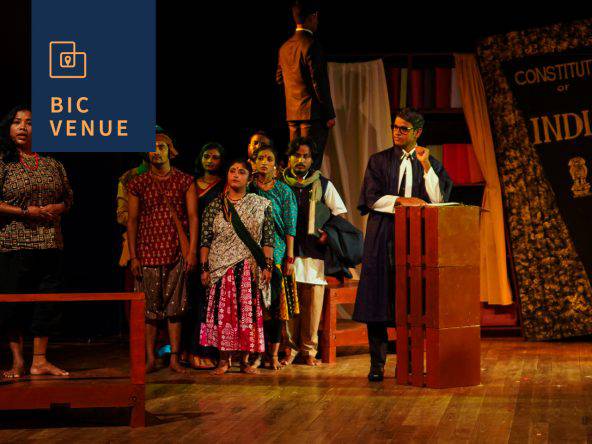
Details
Apr 13 2022 to Apr 13 2022 6:30 p.m.
EVENT HAS ENDED
Where
Bangalore International Centre
7 4th Main Rd, Stage 2, Domlur 560071
Event Description
We the people of India, a play by Kannada writer Rajappa Dalwai, borrows its name from the first lines of the preamble of the Indian constitution. It is dramatised by a talented young director K. P. Laxman. The play as well as the drama which is going to unfold before you addresses the powerful question – ‘What is the meaning of Indian Constitution and to whom does it belong?’. The play is structured as an episodical narrative with intended logical connectivity of each episode.
The performance starts with a nomadic singing community playfully occupying the stage. They meet a teacher who asks their whereabouts and poses them with a loaded question as to ‘what a country means to them?’ and further ‘what constitution means to them?’. A plethora of common sensical answers leads to a theatrical transition by a glitzy media reporter to elites and a political representative. This establishes a connection between the community and a persona of B. R. Ambedkar, transcending time, and is highlighted by a story told to Ambedkar by the mother of Neelavva- a young member of community. The story is about a famine, where a starved mother begs for a handful of rice for her child. When she gets that, she feeds the child, and as she herself can’t get over hunger, she rips apart child’s stomach to eat the remains of rice grains – which aghast Ambedkar. Then as if a mythical sacrifice is fulfilled, it rains and quenches all thirst. In the course of the story, the mother tells Ambedkar that her daughter Neelavva’s desire is to be Ambedkar; Ambedkar for the nomadic community turns out to be that mythical rain.
The next few episodes narrate the proceedings of the constituent assembly debating the draft of Indian constitution, focusing on the precious role of B. R. Ambedkar in drafting the same. This is highlighted by T. T. Krishnamachari’s speech and warnings by Ambedkar about dangers waiting in the future if Political Democracy is not realised through creation of Social Democracy. These episodes interweave with nomadic community wondering about high words of debate, also asking whether women had any role in framing the constitution. That leads to the episode of women members of constituent assembly intervening in the discussion with significant socio-political issues.
Then onwards the play rises dramatically to ask the question as to ‘Why in spite of such a constitution, women are subjugated to varied kinds of violence even in present day?’. Through dramatics, they unroll the statistics of atrocities committed on women which leads to the historic Delhi High court judgement of de-criminalizing of LGBTQ community.
Consequentially, the play ends with the passing of the inheritance of Ambedkar’s scholarly legacy, of drafting the constitution, to Neelavva (a marginalized women). She proudly accepts to carry Ambedkar’s invaluable gift in form and spirit.
Through out the play singers resonate the refrain: Equality, Fraternity, Liberty
In collaboration with Jangama Collective and Maraa, A Media & Arts Collective.
